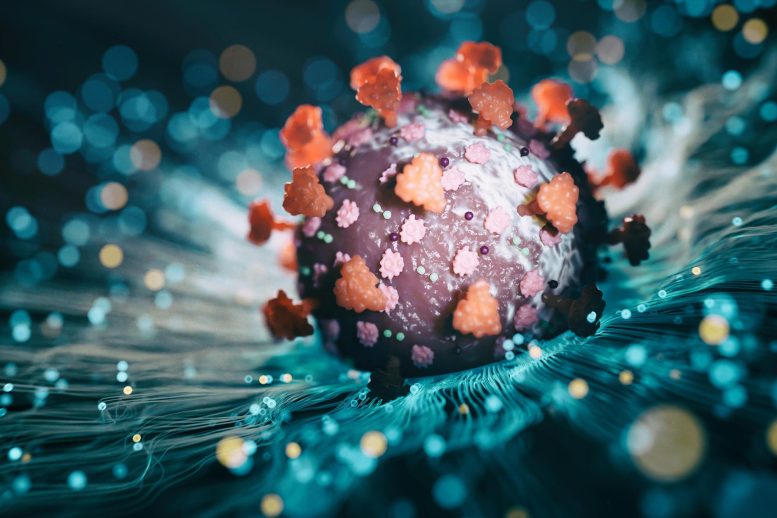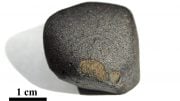
A breakthrough study from the University of Alberta introduces a new class of drugs that enhance the body’s immune response against viruses, showing significant potential in treating and preventing future viral outbreaks by boosting interferon production.
According to the lead researcher, “We need these drugs to prevent or treat future viral outbreaks.”
A research team at the University of Alberta has discovered a new class of drugs with the potential to prevent or treat infections in a future viral outbreak.
In the paper, published in the journal Nature, the team reports that SARS-CoV-2 — the virus that causes COVID-19 — activates a pathway in cells that stops the production of peroxisomes and interferon, key parts of the normal immune response. The team successfully tested a new class of antiviral drugs that stimulate interferon production to reverse that effect.
Tom Hobman, lead author and professor of cell biology in the Faculty of Medicine and Dentistry, explains interferon stops infected cells from producing more virus by shutting down the infected cell, which often results in cell death, and then acts on the surrounding cells to prevent them from being infected.
The paper builds on his team’s earlier research that showed how HIV has evolved to activate the Wnt/β-catenin signaling pathway in cells as a way to stop the body from producing peroxisomes, which trigger interferon production. The researchers thought SARS-CoV-2, another RNA virus, would act in a similar fashion to counteract the body’s antiviral response.
Promising Results from Drug Testing
For the study, the team tried 40 existing drugs that target the Wnt/β-catenin signaling pathway. Most were originally developed and tested for treating cancer, which often responds to boosted interferon production. Three of the drugs significantly reduced the amount of virus found in the lungs, and one of the drugs was also effective at reducing inflammation and other clinical symptoms in mice.
“We saw, in some cases, a 10,000-fold reduction in the amount of virus produced in a test tube, and when we went into a mouse model, the drugs prevented severe weight loss and the mice recovered much quicker,” said Hobman.
During a viral outbreak, people who might have been exposed or who have already developed early symptoms would take a four- or five-day course to prime their peroxisome levels and limit the severity and spread of the disease.
“The beauty of this approach is that in the absence of viral infection, there’s no interferon produced,” Hobman says. “We see these drugs potentially serving as first-line drugs against emerging viruses.”
Reference: “The Wnt/β-catenin pathway is important for replication of SARS-CoV-2 and other pathogenic RNA viruses” by Zaikun Xu, Mohamed Elaish, Cheung Pang Wong, Bardes B. Hassan, Joaquin Lopez-Orozco, Alberto Felix-Lopez, Natacha S. Ogando, Les Nagata, Lara K. Mahal, Anil Kumar, Joyce A. Wilson, Ryan Noyce, Irv Mayers, Christopher Power, David Evans and Tom C. Hobman, 21 February 2024, npj Viruses.
DOI: 10.1038/s44298-024-00018-4









Be the first to comment on "Scientists Discover New Class of Antivirals That Work Against COVID"